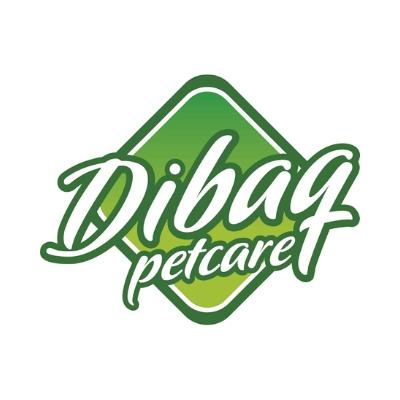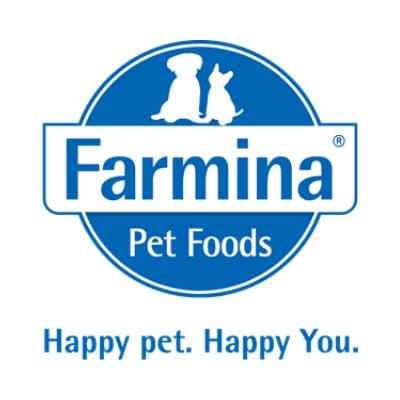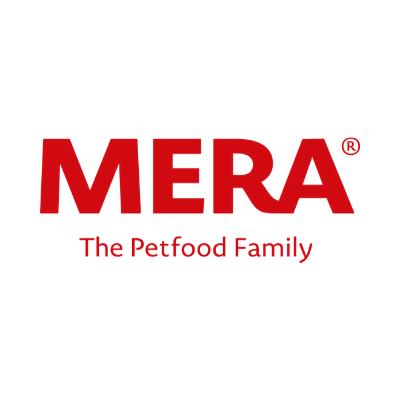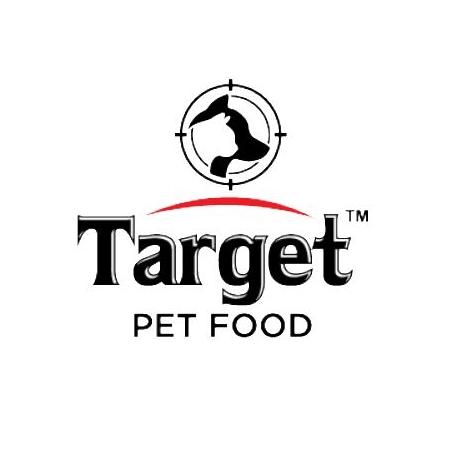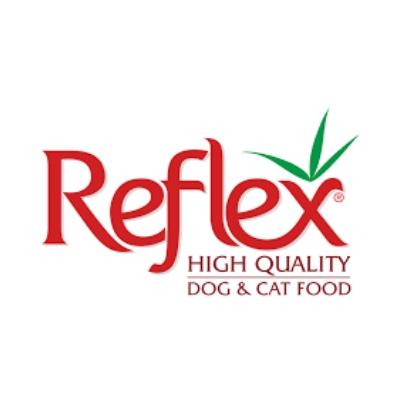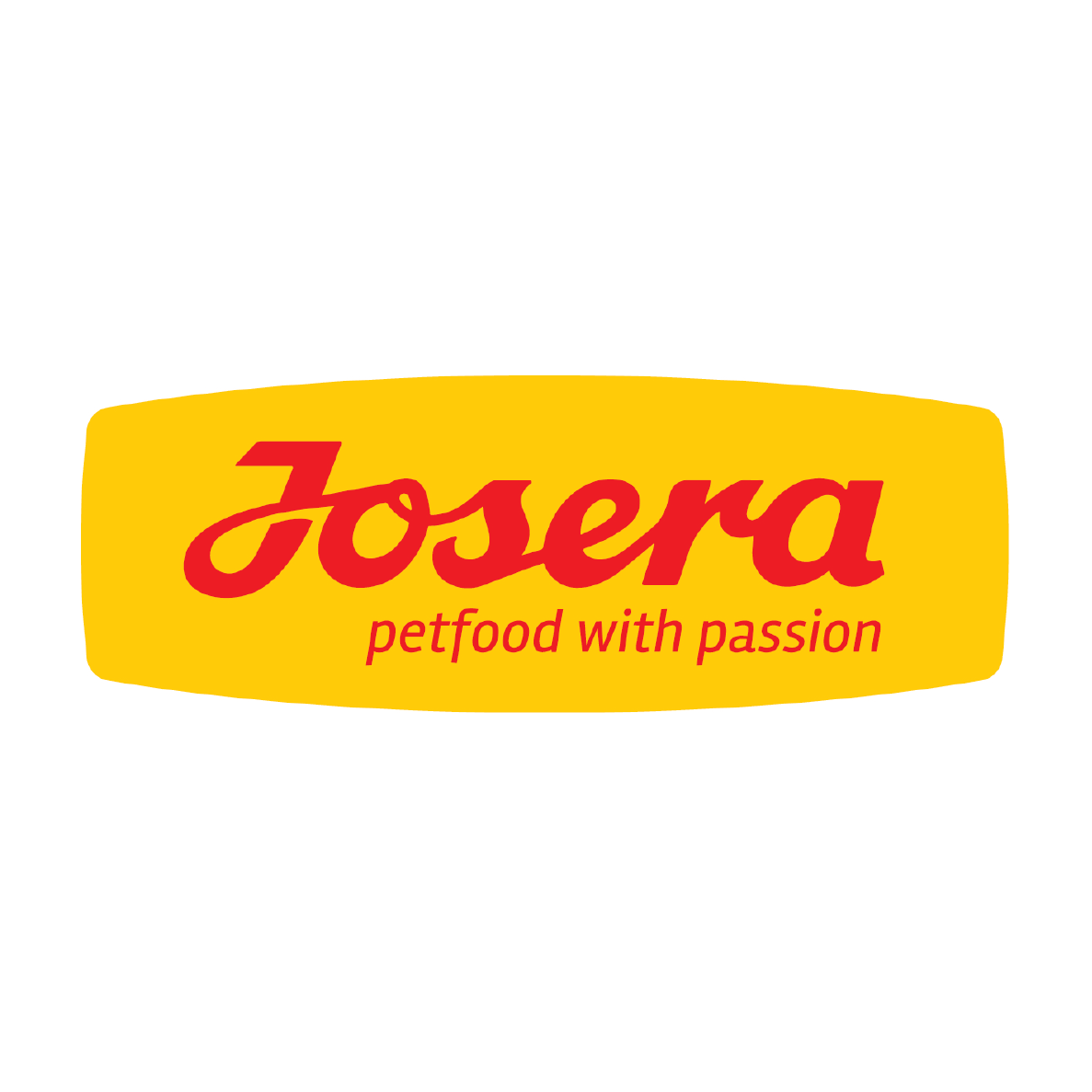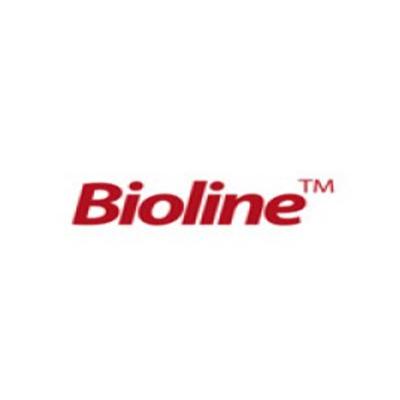Dog Allergies
Introduction
The term "allergy" is a general reference to an overreaction by the immune system to an allergen, which is any substance that is capable of inducing that specific hypersensitivity reaction in that particular animal. For example, if a person is allergic to chocolate, chocolate is the allergen. The allergen can be almost anything, but it commonly is an ingredient in the dog's food, a grass, weed or other plant in the environment, flea saliva or dust mites, a chemical cleaner or other household product, or any number of other things. A more specific definition of "allergy" is an altered reaction to something (the allergen), following a second or subsequent exposure to it. The allergic reaction can be triggered by physical contact, inhalation, injection or ingestion of the inciting allergen.
Causes & Prevention
Causes of Allergies in Dogs
Most allergies in domestic dogs are exaggerated immune (hypersensitivity) reactions to flea or tick bites, contact or airborne substances or some particular ingredient in food. Allergies to fleas, which are extremely common in dogs, are caused by an immune reaction to flea saliva which causes irritation and itchiness at the site of the bite, increasing the risk of bacterial infection and localized hair loss. Common contact and inhalant allergens include seasonal pollen, trees, bushes, grasses, weeds and flowers, as well as any number of chemical or other products. These allergies, in dogs and people, are often referred to as "hay fever." Food allergies can be a reaction to almost anything in a dog's diet, but common food allergens include beef, dairy products, corn, wheat, eggs, chicken, lamb and soy.
Preventing Allergies in Dogs
The best way to prevent allergic reactions in domestic dogs is to prevent contact with whatever is causing the hypersensitivity. For example, flea bite allergies are best avoided by removing the allergen – fleas – from the dog's environment. There are a number of good topical products to keep fleas off of our pets, including medicated collars and topical liquid treatments and preventatives, among others. To prevent hay fever, owners should keep their dogs away from whatever seasonal allergen is causing the problem, to the extent that they can. Food allergies can be prevented once the causative component of the dog's diet is identified, which can be done through an elimination diet supervised by a veterinarian. Many commercial kibbles containing novel protein sources, such as venison, duck or fish, are available for dogs that are allergic to more common protein sources.
Flea Allergies
Allergic reactions to flea bites are very common in companion animals. Affected dogs have an immune reaction to the flea saliva, causing irritation and itchiness at the bite site with an increased chance of hair loss and secondary bacterial infection. As with all causes of allergies, flea bite allergies are best prevented by removing the allergen – here, the flea – from the dog's environment. There are a number of good topical products to keep fleas off of our pets, including collars, liquid medications that are put onto the skin and other products that your veterinarian can recommend. With regular management, flea bite allergies are quite preventable.
Hay Fever
Dogs can develop allergies to seasonal pollen, trees, bushes, grass or flowers. In people, we call this "hay fever," and the clinical signs are similar in dogs. Sneezing, redness of the eyes, itchiness and lethargy are common signs of seasonal allergies. Again, the best way to prevent these allergies is to prevent your dog's exposure to the causative allergen. Your veterinarian can help you identify which particular things your dog is allergic to.
Food Allergies
Dogs also commonly develop allergies to components of their food – especially in commercially available kibble diets. Food allergies can present with vomiting, skin rashes or other skin lesions, and pruritus (intense itchiness). The way to "prevent" (or manage) these reactions is to use an elimination diet, which your veterinarian can explain to you in detail. Essentially, an elimination diet involves strictly regulating your dog's diet, usually starting with boiled rice and chicken, and then adding other ingredients one at a time and assessing whether the dog has an adverse reaction to the new ingredient. There are a number of commercially available kibble diets that have unique ingredients (like duck, venison, sweet potatoes, etc.) which can successfully be fed to dogs with allergies to more common protein sources, such as beef, lamb or pork.
Special Notes
Canine allergies can be difficult, but not impossible, to diagnose and manage. Veterinarians use a combination of a thorough medical history, a complete physical examination, blood and/or skin tests and assessment of the dog's response to treatment to identify and manage allergic reactions. Strict owner compliance with the diagnostic and treatment protocols recommended by their veterinarian is critical to the success of managing allergies.
Symptoms & Signs
Introduction
Dogs, like people, can develop allergic reactions to any number of things. In companion animals, the noticeable signs of allergies most frequently appear as skin problems, ear irritation or gastrointestinal upset. Allergies are basically an overreaction by the immune system to some offending substance – called the allergen - which can be an ingredient in food, a grass, weed or other plant in the environment, a chemical cleaner or other household product, fleas or other parasites or almost any other substance or material. The signs of allergies can mimic those of many other conditions, making it important for owners to be conscious of what is going on with their pets at all times. Once a dog has been exposed to something that triggers an abnormal immune response, subsequent exposures to the same substance will cause hypersensitivity (allergic) reactions. These allergic reactions can be localized or system-wide (systemic), and can occur swiftly or be slow in onset.
Symptoms of Canine Allergies – In General
In dogs, the clinical signs of allergies most often show up as skin problems, ear infections or gastrointestinal upset. Owners might notice some of the following symptoms suggestive of an allergic reaction:
Skin Irritation
Itchiness and scratching
Inflammation
Redness and inflammation (rashes)
sneezing
Bumps and white pustules
Lethargy
Restlessness
"hot spots"
irritation in the groin or flank area
irritation on the paws or between the toes
irritation behind the front legs, in the armpit (axial) area
irritation under the neck and on the chin
Red, weeping eyes
In an effort to relieve the skin irritation, affected dogs may exhibit:
Frequent and relentless scratching at affected areas
Licking at affected areas
Rolling on the floor or ground
Chewing at affected areas
Moist sores or "hot spots" that are prone to becoming infected
Ear Irritation
It is not uncommon for dogs with allergies to develop infections or other sorts of irritation in their ears. Owners may notice one or more of the following signs in their allergic dog:
frequent and often relentless scratching at the ears
shaking of the head
thinning of the hair around the ears
build-up of a waxy residue inside the ears
development of an abnormal "yeasty" in the ears
Gastrointestinal Irritation
Dogs with allergies – especially food allergies - often have gastrointestinal disturbances in addition to skin and/or ear irritation. Common signs associated with allergies to ingredients in food include:
burping
vomiting
diarrhea
flatulence (excessive production of intestinal gas)
loss of appetite
weight loss
hives
enlarged lymph nodes
In many cases, food allergies go undiagnosed for years, because owners mistakenly believe that their dog simply "has a sensitive stomach". Allergies can be detrimental to a dog's health and quality of life. Continual scratching at affected areas of skin frequently leads to physical sores, which can become infected. When the ears are affected, the constant head shaking and scratching can lead to hematomas and other lesions on the ears. If these allergic reactions are especially severe and prolonged, the dog may develop significant behavioral changes as well.
Dogs at Increased Risk
There are some recognized familial components to allergies, especially to contact and inhalant hypersensitivities. Predisposed breeds may include Shar-Peis, Cairn Terriers, West Highland White Terriers, Scottish Terriers, Lhasa Apsos, Shih-Tzus, Wire-Haired Fox Terriers, Dalmatians, Irish Setters, English Setters, Golden Retrievers, Labrador Retrievers and Miniature Schnauzers.
Diagnosis & Tests
Introduction
Anyone who has seen a dog constantly scratching or chewing on itself probably has seen a dog with allergies. Whether caused by inhalants in the air, flea or other insect bites or components of food, allergies can range from causing simple irritation to predisposing dogs to severe secondary infections. The precise cause of allergies in a given dog is difficult, but not impossible, to diagnose.
How Allergies in Dogs are Diagnosed
The most common cause of allergic reactions in dogs is also the most common cause of allergic reactions in people: seasonal hypersensitivity to something in the air or environment, such as pollen, a particular weed or something being harvested in the area. This usually can be diagnosed based on timing and environmental exposure. Flea bite allergies are also extremely common in dogs and are not particularly difficult to diagnose based on evidence of flea infestation. If the allergic reaction tends to last longer and occur randomly rather than seasonally, it probably is caused by something other than a seasonal environmental allergen. Advanced tests are available to identify specific allergens, and your veterinarian can discuss these with you in greater detail. Another, less invasive way to diagnose the cause of canine allergies is to remove possible allergens from the animal's environment and then slowly reintroduce them, seeing when the problem subsides or recurs. Fabrics, household items made of rubber or plastic and even excessive dust can be allergy-inducing, so they should be considered in these cases.
If food allergies are suspected (and they are quite common in domestic dogs), your veterinarian probably will recommend an elimination diet. In a nutshell, this means putting the dog on a very bland diet with few ingredients (such as rice and maybe chicken), observing the dog's signs if any of reacting to the food, and then gradually adding in other foods to assess how the dog reacts to them.
Obviously, it is important to determine the source of any allergic reaction in our dogs before a realistic treatment protocol can be established. Simply treating the affected area (for example, a skin lesion) may help relieve the symptoms temporarily, but the cause of the allergic reaction will remain and undoubtedly will cause more clinical signs in the future if the underlying allergen is not identified and removed or managed.
Treatment Options
Introduction
When an owner suspects that her dog may be suffering from some sort of allergy, she should take her dog to the veterinarian for a comprehensive assessment and diagnosis. Once a dog's allergies are diagnosed and the underlying cause is determined, treatment can begin. It is very important for owners to work closely with their veterinarians to identify exactly what the dog is allergic to before attempting treatment. If left untreated, allergies can become very irritating to affected animals and can greatly compromise their quality of life. The goals of treating canine allergies are to alleviate itchiness, pain and other discomfort and to return the dog to a healthy and comfortable quality of life.
Treatment Options for Allergies in Dogs
Most allergies in companion animals are treatable, or at least manageable. For example, if the skin symptoms are caused by an immune reaction to flea saliva, the owner has many available options to help eradicate that parasite from the dog's environment. If the dog is allergic to an environmental inhalant, the owner can remove that substance from the home. If particular grasses or pollens are the culprit, the owner might consider walking the dog in a different area to prevent exposure to the allergens during seasonal erruptions.
Many topical treatments are available to soothe irritated skin, reduce inflammation and calm itchiness, no matter what the cause. These include shampoos, lotions, gels, rinses and other treatments that your veterinarian can discuss further with you. Antihistamines can be used to reduce the effects of seasonal allergies, which are called "hay fever." Advanced, specialized and long-term treatments are also available to help acclimatize the dog's immune system to the allergens that are triggering its adverse reactions. These options are something that you need to discuss with your veterinarian.
In cases of food allergies, the dog's diet obviously will need to be modified and then managed, once the ingredient(s) that cause the allergies are identified. Owners may use homemade diets or can take advantage of the wide variety of specialized dog foods that now are commercially and readily available in most areas, including a number of kibbles with unusual protein sources such as salmon, venison or duck.
Prognosis
Dogs with allergies typically have a greatly improved quality of life once the allergen is identified and appropriate treatment begins. The most difficult part of this process is identifying the substance or material that the dog's immune system is reacting to. Once that allergen is pinpointed, there are many positive steps that can be taken to reduce the dog's adverse allergic reactions and return it to a good quality of life.











